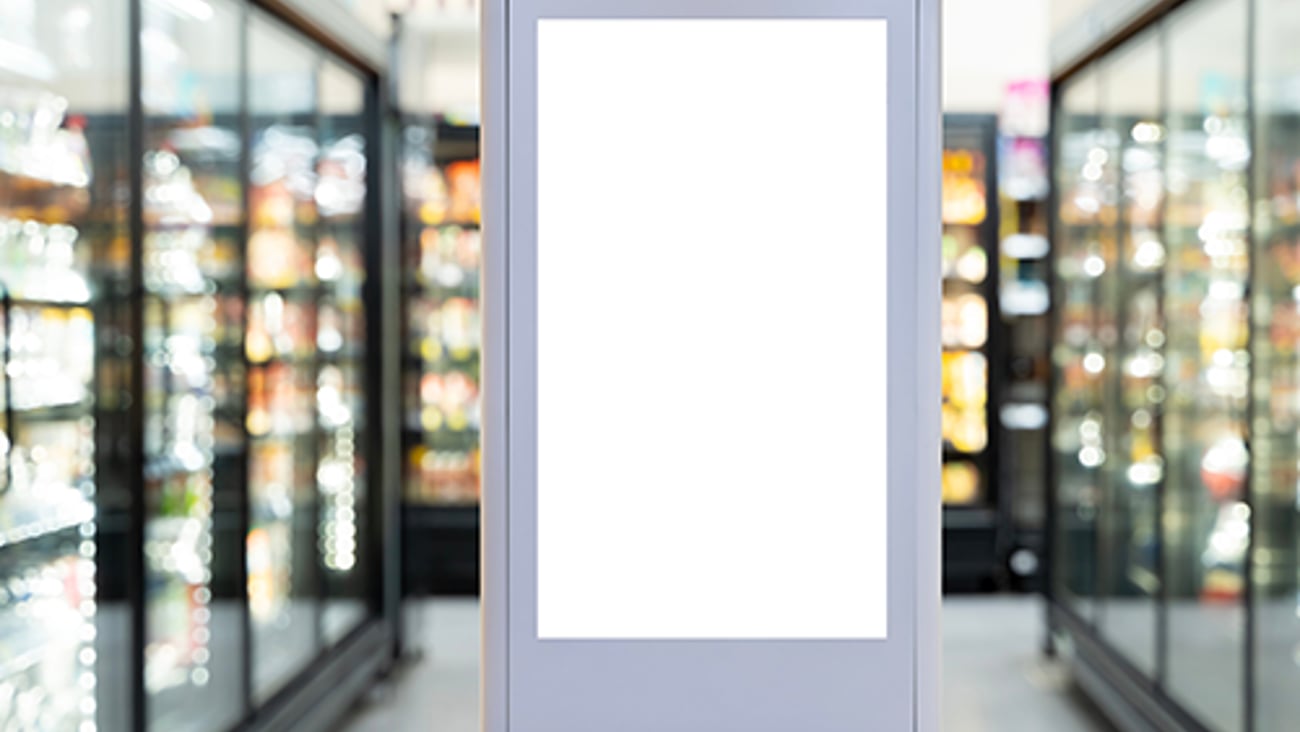Retailers double down on community support efforts
It doesn’t take a hurricane for food and drug retailers to shine in supporting communities.
Of course, natural disasters showcase retailers at their best in coming to the rescue for communities, as evidenced by donations and other support efforts in response to Hurricane Ian in Florida and tragic flooding in Kentucky.
But retailers did a lot of other things in 2022 to lift up communities in ways that didn’t always receive as much national media attention. These include initiatives such as charitable donations, hunger relief, education scholarships and targeted health efforts.
These types of activities showcase how much retailers understand the needs of their localities, as they double down on support in ways that raise the bar going forward.
[Read more: Retailers ramp up initiatives to drive equity, diversity and sustainability]
Targeting efforts to community needs
Retailers are getting into the weeds — which is a good thing in this case — to identify the biggest local needs. Here are two examples of how this is playing out.
Southeastern Grocers has announced a donation of $340,000 to aid more than 420 public schools throughout the Southeast, with the company’s customers and associates contributing to the cause. The choice of how to use the money represents the ultimate in targeting local needs. Donations will support each store’s local school partner to provide supplies and resources.
Food Lion Feeds recently donated $450,000 to Meals on Wheels America to support hunger relief initiatives and expand senior nutrition services in 13 communities where Food Lion operates. Some of the funds will be used to build capacity with kitchen equipment, as well as support staffing and technological investments, Meals on Wheels said.
The employee tie-in
Store associates are part of local communities, and many retailers are wisely focusing on support efforts that benefit employees. A case in point is Vallarta Supermarkets. The Latino-owned independent in California and its foundation awarded $253,000 in 2022-23 education scholarships in a program aimed at eligible full-time Vallarta employees and their dependents, part-time students and graduate students.
New strategies expand capabilities
Retailers are expanding their community support capabilities, through technology, partnerships and other strategies. Meijer, based in Grand Rapids, Mich., is working to help clean up the Great Lakes by becoming the first retailer to make use of beach and water cleaning drones in partnership with the Council of the Great Lakes Region. Meijer and the CGLR are leading cleanup projects at busy beaches, marinas and waterways in Michigan, Ohio and Wisconsin in collaboration with a variety of community, state and environmental NGO partners.
Rite Aid is collaborating with WellSpan Health, an integrated health system, to improve outcomes for communities in Central Pennsylvania. Rite Aid and WellSpan Health will share data and insights to close gaps in care and improve continuity across a broader continuum of services.
[Read more: Strategic moves to drive results this holiday season]
Local initiatives drive differentiation
Community support isn’t just the right thing to do, it’s also a powerful way for retailers to differentiate their businesses. Consider these data points from The Food Industry Association from its latest research for The Food Retailing Industry Speaks. Community support/community ties was the most used 2021 service differentiation strategy cited in its survey, with 83% using it and 61% reporting it successful — one of the highest rates of strategy effectiveness.
These findings say a lot about why retailers continue to expand efforts and update capabilities. Community needs keep changing, and retailers must make sure their investments are relevant and impactful.







